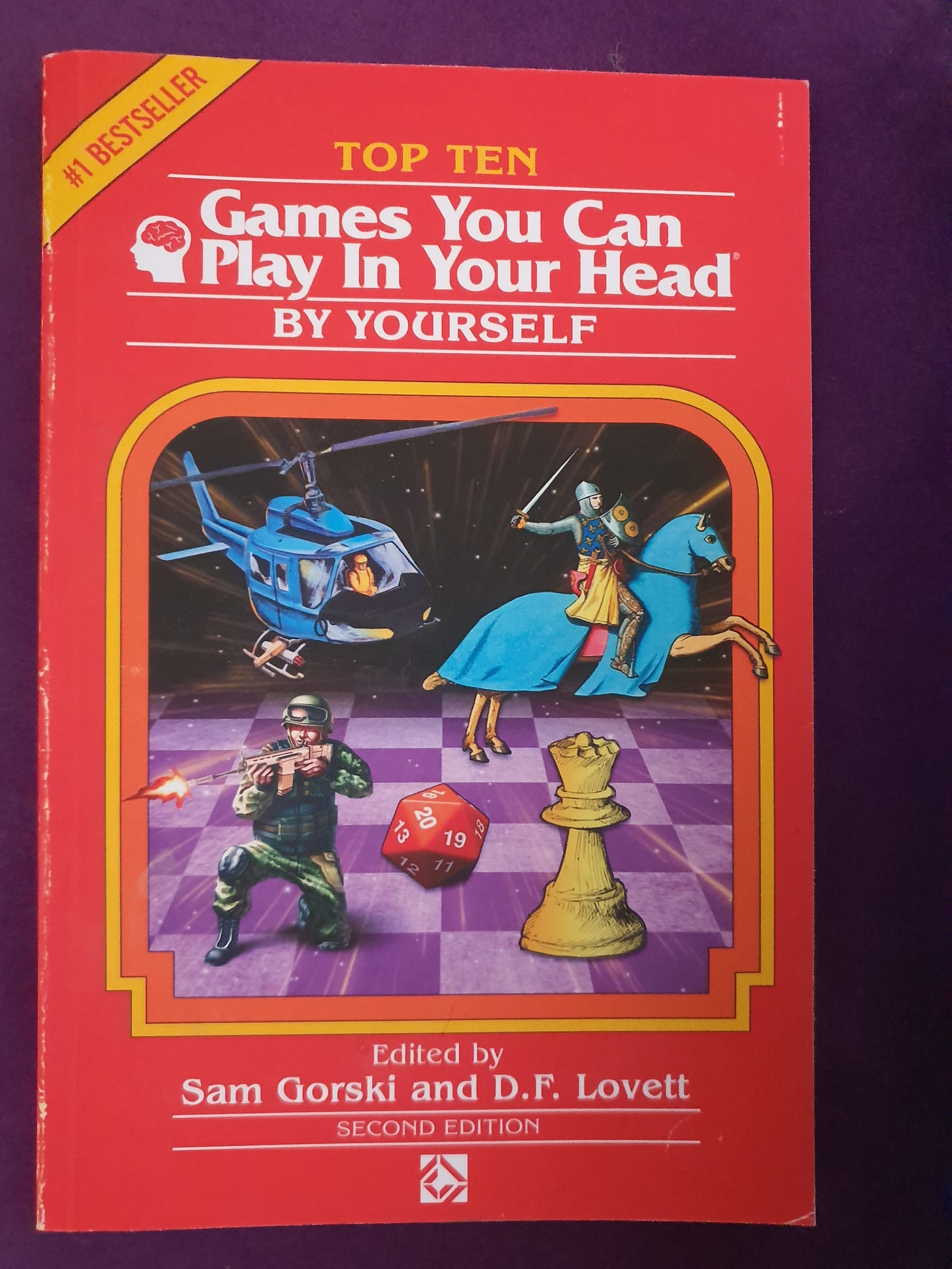This is my theory. We need more “games. ”Especially “serious” ones in “serious” industries. For things that are long term investments. For things that are a process rather than a one time doing, for things that require routine, consistency, repetition. Where the iteration might not even be gratifying in itself, and the “achieving” takes a long time. What is that, you ask? All healthcare, wellness, gerontology, fitness, finance, mental health. Add yours. There is plenty.
What is a game? I have not asked this myself until five years ago. The same goes for play. Words that attain themselves to childlike behaviour that might not have a purpose. That is how I used to define them.
I was young and not mature enough to see the seriousness of it. However, I now understand more why these words are essential for us humans and other organisms representing intelligence.
That is right, games and play arise where there is intelligence, and they have a purpose. Sometimes a purpose of survival. Read here on the games animals play, evolutionary and behavioural games. https://thinkingthursdays.substack.com/p/games
Let’s focus now on us, humans.
The dictionary says that.
“an activity that one engages in for amusement or fun”.
That we know all. We also see this one
“a complete episode or period of play, ending in a final result, like a baseball game”
Well, the following one is interesting. Although I use casually “I am game” the definition is still surprising.
“Eager or willing to do something new or challenging. “
Now it is getting interesting. Well, we will not take to full journey and hop to end. This one summarises it all. It is not about winning. It is not about the rewards.
“When you strip away the genre differences and the technological complexities, all games share four defining traits: a goal, rules, a feedback system, and voluntary participation.”
— Jane McGonigal, Reality Is Broken: Why Games Make Us Better and How They Can Change the World
Why do we play games?
Yes, for fun, to pass the time. But also for learning, to achieve challenging items. To understand the new. It is a bit different from play in that play does not always have a purpose at all. The games have the utmost purpose, from fun to survival.
Here are some serious games from the world of humans put together by Growth Engineering.
https://www.growthengineering.co.uk/10-serious-games-that-changed-the-world/
And should the game process need to be so explicit?
No. Then we go into the territory of games where it blends for life for strategic purposes. Some games we do are so in disguise that the real purpose is forgotten. Here are a few examples from the outdated but relevant book from Eric Berne“ Games people play”. We talk about the psychology of transactions.
The games we play in real life do not need to be so heavy and psychological—a straightforward example of me in the University economy 101 exams. There were multiple choice answers. Beginning of the exam, I raised my hand and asked what the rules were for having wrong answers. Did wrong answers costed us? The teacher replied, wondering why I was asking. I said I would risk my responses accordingly. And he said “good answer”. I remember this because I thought, “what a random conversation”, and wondered why he was amused with my question. It makes sense that he made a point out of it because, duh! he is an economy teacher, and I was behaving in the game theory, which I did not know by then. You can find more examples of it in this book for example. And everywhere. Tell me your examples of life
https://www.goodreads.com/book/show/2423424.The_Art_of_Strategy
So do we need more games? I will maybe talk next about how I am for introducing games into finance.
And here is an absolute creative joke of a book. The book starts with…
“Let’s go. We are off. We have games to play. And by we, I mean you.” 



